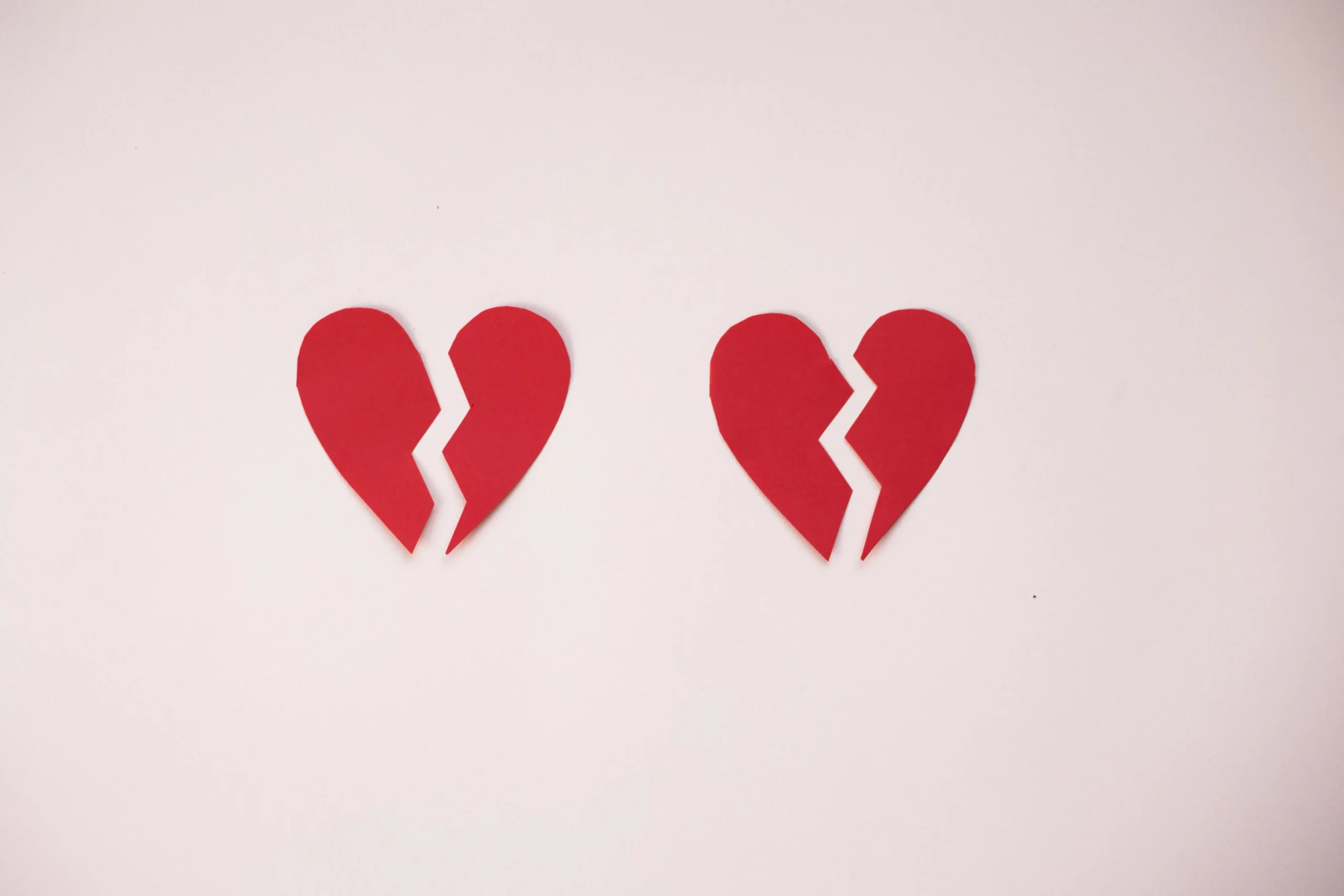You May Also Like
Parents Can Feel Confident Navigating Adolescent Anxiety
Even on the best days, parenting is hard, especially when dealing with adolescent anxiety. Anxiety affects people of all ages, but poses unique challenges when managing and understanding adolescent anxiety. If left untreated, anxiety disorders may impact various areas of a teen’s life, including their ability to succeed in school and their relationships with friends and family members. Parents should know how to identify these signs and understand the options for treating adolescent anxiety disorders.

Common Diagnoses related to Adolescent Anxiety
Though anxiety will present differently in everyone, there are different symptoms that help therapists to understand which type of anxiety your teen may be experiencing. The most common anxiety-related diagnoses include:
- Generalized Anxiety Disorder (GAD),
- Social Anxiety,
- Separation Anxiety,
- Panic Disorder
- OCD
- Phobias
What Causes Anxiety in Teens?
The Impact of Genetics & Environmental Factors on Adolescent Anxiety
Though there isn’t any single cause for anxiety disorders, research has shown that anxiety in teens and children is often a result of genetic makeup and life experiences. Neurobiological factors must also be considered in diagnosing anxiety disorders. Specifically, disruptions in how the brain reacts to stress and danger can increase the likelihood of a teen anxiety disorder. This is commonly referred to as our “fight or flight” response.
In addition to our genetic and biological make up, our environment greatly impacts our emotional development and overall mental wellness. Childhood trauma, such as abuse, neglect, or loss, may contribute to the development of childhood anxiety symptoms that, left untreated, may progress into adolescence. Traumatic events like a car accident or natural disaster, and collective trauma, such as the COVID pandemic, can all increase an adolescent’s vulnerability to anxiety disorders.
The following factors may contribute to adolescent anxiety:
- Intense pressure to succeed in school and life
- Surveys of eighth graders find that young people believe they need to pick a career as soon as possible. Today’s high school students experience overwhelming levels of pressure regarding academic aptitude, athletic ability, and extracurricular engagement.
- Constant access to news and information
Being plugged in all the time creates heightened levels of anxiety in teens. It can be hard to feel safe when we are constantly faced with media focusing on negative news. For many teens, this leads to higher levels of anxiety. - Social media
Research shows that teenagers who use social media may experience higher levels of anxiety and depression as social media tends to portray unrealistic expectations. Though this is not just impactful for teens, it is true that teens and children are more sensitive to self-comparison and self-esteem challenges. Social media could play a very helpful role in a child or teens development when used in an empowering and connecting way.
How Common is Adolescent Anxiety?
Research has looked at adolescent mental health from various angles and has consistently found that the prevalence of anxiety symptoms has been steadily increasing in children and youth. According to a meta-analysis of 29 studies involving 80,000 youth, one in every five adolescents experiences anxiety and anxiety symptoms in teens around the world has doubled since 2020. Furthermore research over the last decade indicates that teen anxiety went up by 10 percent between 2012 and 2018, with the most significant increases among adolescent girls and LGBTQ+ teens
Recognizing Anxiety in Teens
In order to identify teen anxiety, it’s important to learn more about signs and symptoms. Warning signs are the behavioral changes that you may notice occur in your teen. Some common signs of anxiety in teenagers may include:
- Excessive worry or fears that are difficult for the teen to control.
- Physical symptoms such as headaches, stomachaches, muscle tension, fatigue, or trouble sleeping.
- Avoidant or withdrawn behavior
- Irritability or mood swings
- Perfectionism or Demandingness towards self
There is a ‘normal’ level of anxiety that teens will experience as they navigate the challenges of adolescence. However, if the anxiety is persistent, excessive, and interferes with their daily life, it may be a sign that professional help is needed.
Supporting a Teen with Anxiety
If your teen is struggling with anxiety, know you are not alone and there are resources and supports available. Here are a few tips for supporting your teen:
- Be present for your teen. Let them know that you are there to help and support them.
- Listen without judgment. It may be difficult to listen without judgment or without “advice rants”, but allowing a teen to openly talk and process their thoughts and feelings creates trust and supports validation.
- Just like adults, teens may be embarrassed, worried or ashamed of their feelings. It’s important to avoid minimizing or dismissing their anxiety.
- Normalize therapy. Offer to help them find a therapist or other mental health professional. If your teen is unsure or not particularly open to therapy, provide them with text lines, call lines and peer support networks as this may feel more comfortable for them.
- Finally, take care of YOU. Parenting a teen with anxiety can be difficult, scary and confusing. Model healthy behavior by prioritizing your mental health, taking breaks, setting boundaries and using your support system.
In A Nutshell.....
If you are seeing behavioral changes in your teen, or your child is experiencing persistent, excessive anxiety, it may be time to get professional help. Here at Mind by Design Counseling, we offer individual and family therapy for children and adolescents. Our expert providers can help your child navigate and overcome anxiety and live a more fulfilling life.
Additional Resources for Adolescent Anxiety & other Mental Health Resources
- New Jersey Suicide Prevention Hopeline
- In addition to providing supporting and caring listening, NJ Hopeline provides referrals and connections to mental health housing, employment, or financial difficulties if needed. Available over the phone, through a live chat, or via email upon filling out a contact form.
- Contact: 1 (855) 654.6735
- Second Floor Youth Helpline
- The 2nd Floor Youth Helpline is a confidential and anonymous helpline for New Jersey’s teens & young adults.
- Contact: (888) 222.2288 or Email: [email protected]
- The 2nd Floor Youth Helpline is a confidential and anonymous helpline for New Jersey’s teens & young adults.
- The Trevor Project: Saving LGBTQ Lives
- The Trevor Project is the leading national organization providing crisis intervention and suicide prevention services to lesbian, gay, bisexual, transgender, queer & question (LGBTQ+) young people under 25. Available via call, text, or chat on website.
- Contact: (866) 654.6735 Crisis Line: 1 (866) 488.7386


















